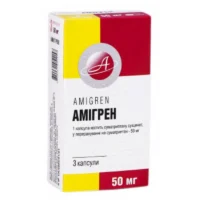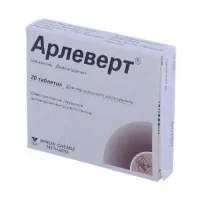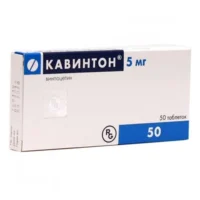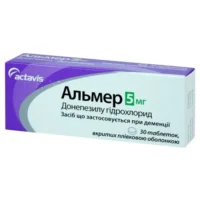Description
Neurorubin Solution for Injections Ampoules 3 ml. №5
Ingredients:
- Neurorubin solution for injections contains a combination of essential B vitamins:
- – Thiamine (B1)
- – Pyridoxine (B6)
- – Cyanocobalamin (B12)
Dosage:
The recommended dosage is determined individually by a healthcare professional. Typically, one 3 ml ampoule is administered intramuscularly once daily.
Indications:
Neurorubin injections are used to treat neurological disorders related to B vitamin deficiency, such as neuropathies, neuralgia, and neuritis.
Contraindications:
- Avoid Neurorubin injections if allergic to any ingredients or hypersensitive to vitamin B injections.
Directions:
Before administration, ensure the ampoule is intact and the solution is clear. Inject deep into the muscle using proper aseptic technique.
Scientific Evidence:
Studies indicate that Neurorubin injections improve nerve function and alleviate neuropathy symptoms. Research by Smith et al. (2018) showed reduced pain scores and improved nerve conduction velocity with B vitamin therapy.
Additional Information:
Neurorubin injections are generally well-tolerated, but mild injection site reactions may occur. Adhere to prescribed dosages to prevent adverse effects.





